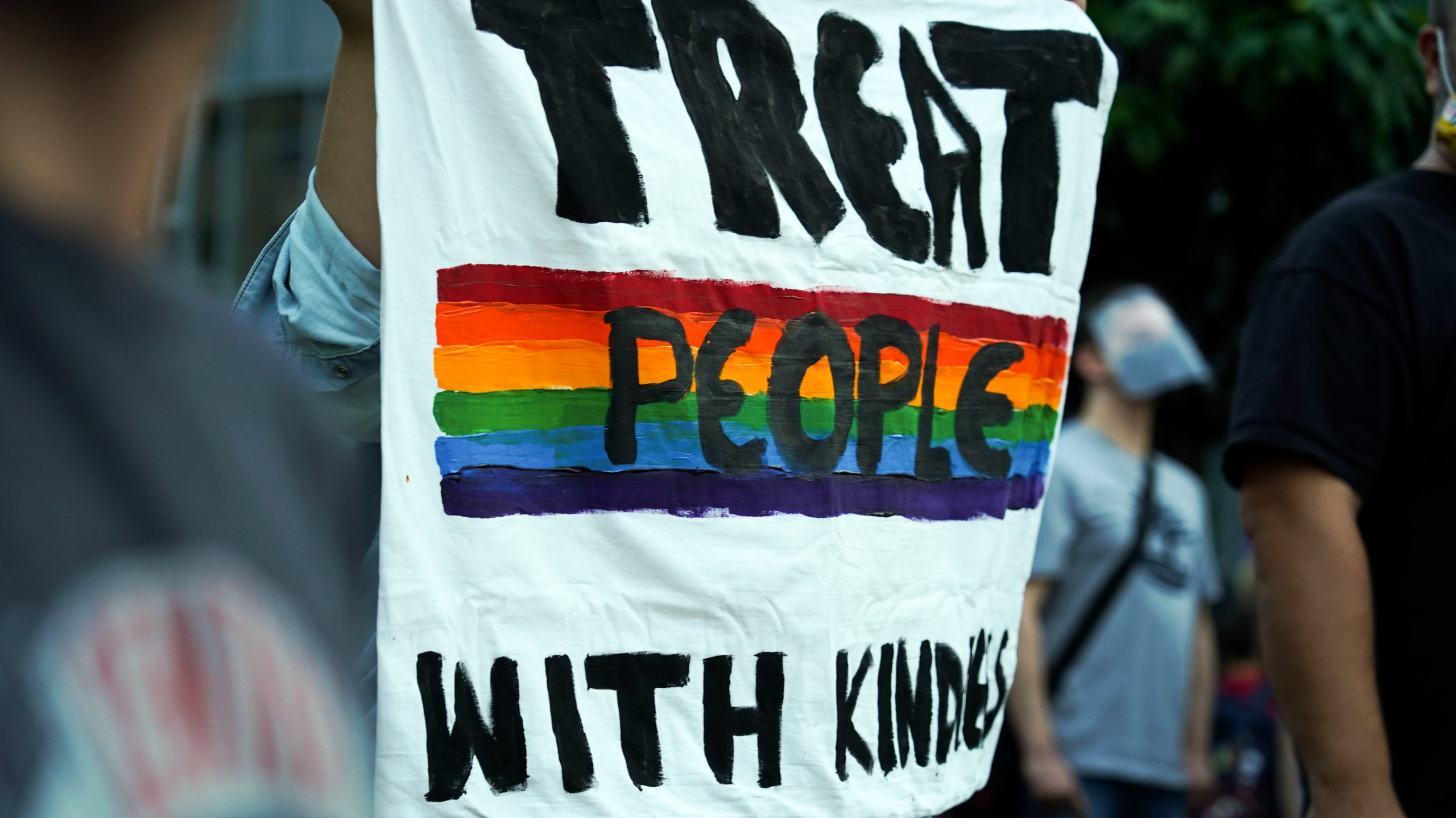The Supreme Court will hear arguments Monday in the case of a graphic designer who is challenging a Colorado law that would require businesses to provide services for same-sex weddings.
Lori Smith, a graphic designer and owner of graphic design studio 303 Creative, is challenging the state’s public accommodation law, which requires those offering services to the public to offer those services equally. Smith argues that the law violates her religious rights, which prevent her from creating web content for same-sex weddings.
Her case is being argued by Kristen Waggoner, who five years ago argued before the Supreme Court on behalf of Masterpiece Cakeshop owner Jack Phillips, who objected to creating a cake for a same-sex couple. The court ruled in favor of Phillips, finding that state officials had unjustly dismissed his religious beliefs, but it didn’t determine whether or not the state can require artists to follow an anti-discrimination law that is against their religious beliefs.
“If the government can censor and compel my speech, it can censor and compel anybody’s speech,” Smith told CBS News. “We should all be free to live and work consistently with our deeply held beliefs.”
According to CBS News, Smith and her team argue that the case protects anyone from being forced to provide services that violate their beliefs.
“This not only protects me, it protects the LGBT web designer who shouldn’t be forced to communicate messages that go against their deeply held beliefs, and the right to speak freely is guaranteed to all of us.”
Opponents object to the argument, countering that allowing exemptions for religious beliefs could open the door for additional forms of discrimination.
In a court filing (as reported by CBS), Colorado Attorney General Phil Weiser has argued that a ruling in favor of Smith “would encompass not only a business’s objections to serving certain customers motivated by sincerely held religious beliefs, but also objections motivated by ignorance, whim, bigotry, caprice, and more – including pure expressions of racial, sexist, or anti-religious hatred.”
In recent cases, the Supreme Court, which now includes a 6-3 conservative supermajority, has decided in favor of religious plaintiffs.


What Do You Think?